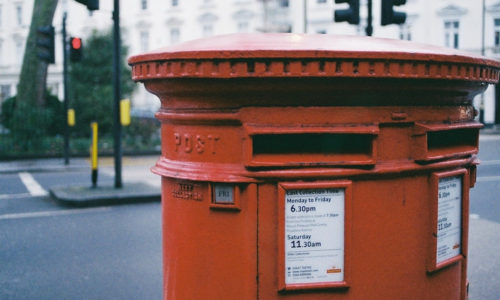Depression up by 500,000 since start of recession

Figures released by the NHS indicate that as many as 500,000 people have been diagnosed with depression in the last three years.
The largest increase was in Yorkshire and the Humber where cases have increased by 19%. These areas have been significantly affected by unemployment since 2008, when the UK first entered recession. The recession has affected lives in many negative ways, causing job losses that have led on to other problems such as relationship breakdowns, debt crisis and the loss of homes.
While the figures only reflect on new diagnoses, the total number of diagnosed cases stands at 4.7 million. Additionally, because many people shy away from doctors and other forms of medical help, professionals can only speculate on the actual figures for those suffering from depression. Depression Alliance chief executive Emer O’Neill said: “We’re still at the tip of the iceberg of what the figure could be.”
Instead, many people choose to self-medicate by using drugs and alcohol. Former addict Will Michaels said: “I self-medicated with alcohol for more than 30 years and became addicted to painkillers for about ten years in an attempt to gain control over my life while it was falling apart. Over time, the only way I could sleep was to continue to self medicate and remain in control enough to sleep.”
Research carried out by SSentif suggests that mental health and depression is continuing to rise throughout England, and some Primary Care Trusts (PCTs) are reporting an increase in people seeking help has gone up by 40% in the last three years.
Whilst the increase may be due in part to campaigns aimed at increasing mental health acceptance and awareness, meaning that people are feeling more encouraged to face their problems, the latest figures also highlight a worrying upward trend in cases of depression in the UK.
James Clark























Facebook
Twitter
Instagram
YouTube
RSS